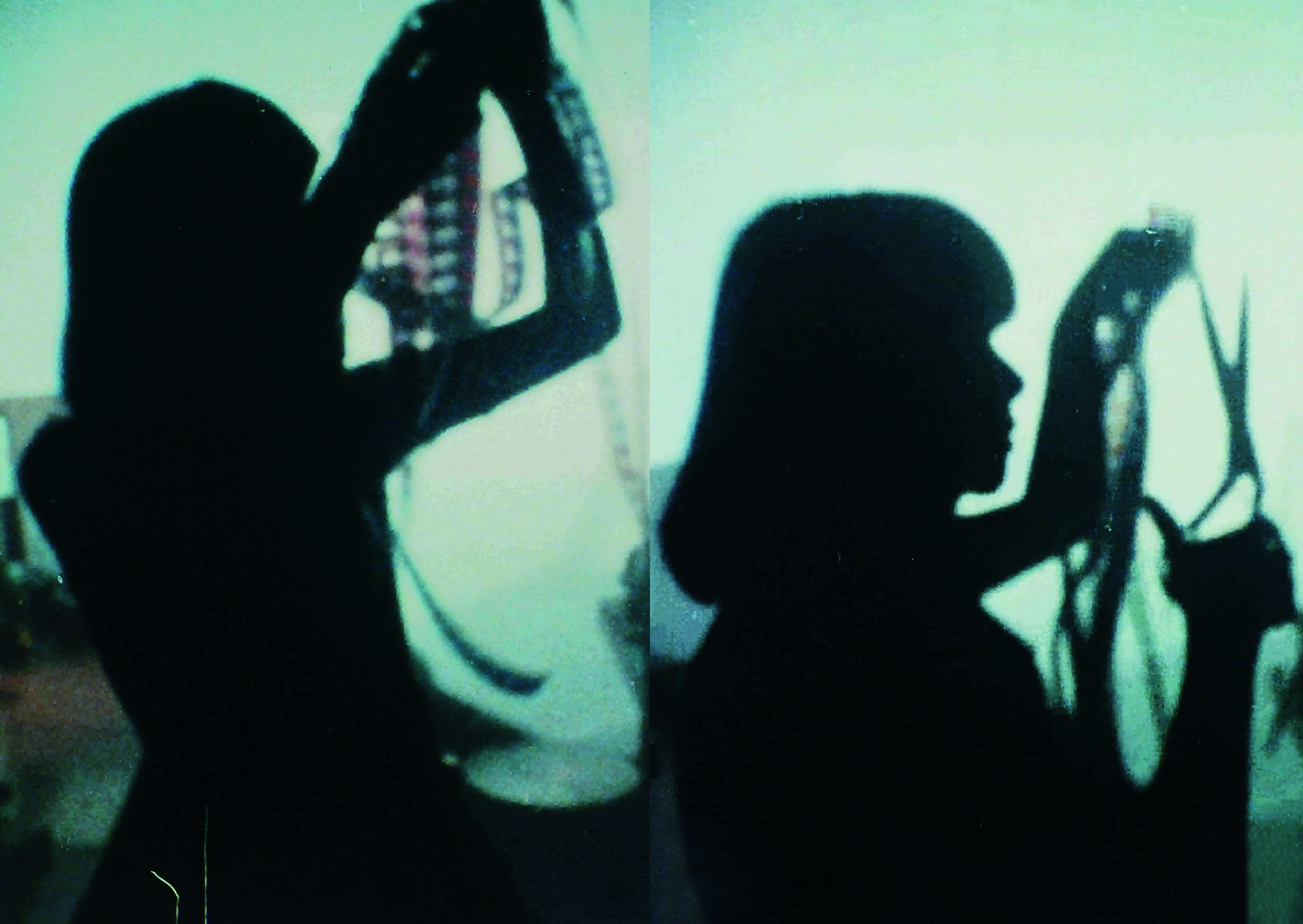Anton Vidokle, Boris Groys, Arseny Zhilyaev
September 1–October 3, 2017
Berlin 10557
Germany
T +49 30 397870
F +49 30 3948679
info@hkw.de
Russian Cosmism was a movement that called for material immortality and resurrection, as well as travel to outer space. It developed out of the spirituality of 19th century Russia and a strong fascination with science and technology. The doctrine of immortal life in infinite space captured the optimism of both science and the arts at the time. Since then, the utopian, science fiction-like thinking of the cosmists had a great influence on art, science, and politics in both pre-revolutionary and Soviet Russia.
Looking at it today, Russian Cosmism, although suppressed by official Soviet ideology, opens up new perspectives on the Russian avant-garde as well as the ideology and politics of Russia to the present day. For example, in his influential writings, Nikolai Fedorov (1829‒1903) demanded that the ultimate goal of technology must be to overcome death; all people who had ever lived on Earth must be brought back to life. The cosmists were also visionary pioneers of space travel. For Fedorov, for instance, the colonization of other planets would be the inevitable consequence of the lack of space after the resurrection of the dead. The institution of the museum also played a central role in Russian Cosmism, as the remains needed for the resurrection of individuals would have to be preserved there. Fedorov, like the painter and founder of Suprematism Kazimir Malevich, believed that after the death of God, the museum would be the only place where a transhistorical union beyond the grave was possible.
Art Without Death delves into Russian Cosmism—its philosophical, scientific, artistic concepts and ideas—by intertwining historical material and contemporary contributions. An exhibition shows the film trilogy Cosmism (2014–17) by Anton Vidokle in an architectural structure inspired by Muslim cemeteries in Kazakhstan—where many of the films were shot—and Lenin’s mausoleum on Red Square. The exhibition design by Nikolaus Hirsch and Michel Müller is based on an idea by Hito Steyerl. The third part of the trilogy, an extensive research project shot all over the former Soviet Union, will premiere at Art Without Death. The exhibition also features historic works by the Russian avant-garde from the George Costakis collection (State Museum of Contemporary Art Thessaloniki), the largest collection of Russian avant-garde outside Russia. These works—selected by philosopher and art theorist Boris Groys—are inspired by the projects of the utopian biopolitics of immortality, enabling re-readings against their Cosmist backdrop that have often been overlooked. And Arseny Zhilyaev’s volumetric artwork—a functional library as well as an installation—compiles a wide range of key works on Russian Cosmist thought, science, poetry, and fiction under the light of blood-circulation-improving therapeutic lamps based on a technology by biophysicist Alexander Chizhevsky.
A conference on September 1 to 2 will explore the current relevance of Cosmism: on the threshold between anthropocentrism and materialism, this movement appears relevant again 100 years after the Russian Revolution. With contributions by Trevor Paglen, Michael Hagemeister, Keti Chukhrov, Svetlana Cheloukhina, Alexei Penzin, Maria Chehonadskih, Robert Bird and others.
In September 2017, Sternberg Press will issue a publication including conversations on Cosmism with among others: Arseny Zhilyaev, Hito Steyerl, Franco (Bifo) Berardi, Boris Groys, Marina Simakova, Anton Vidokle.
Part of 100 Years of Now
Haus der Kulturen der Welt is supported by the Federal Government Commissioner for Culture and the Media as well as by the Federal Foreign Office.
Press contact
Anne Maier, Haus der Kulturen der Welt
T +49 (0)30 39787 153
anne.maier@hkw.de










